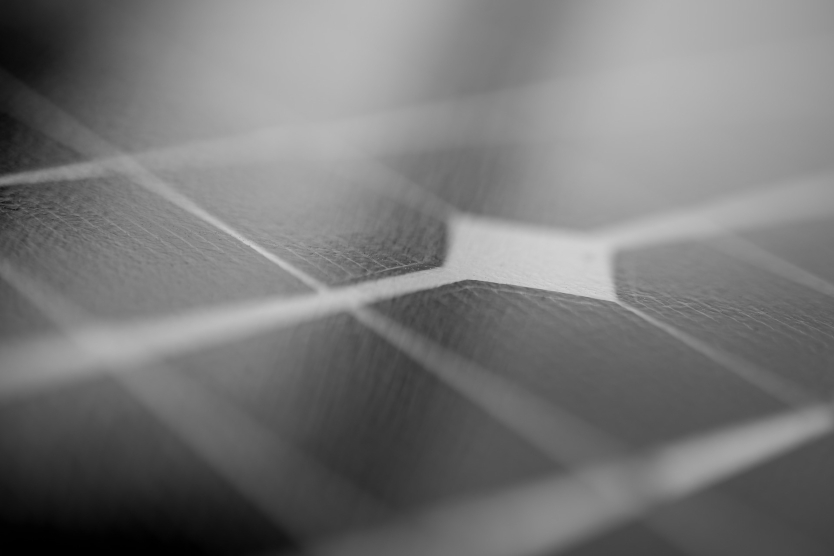
Sulphur has great potential for use in a renewable energy production cycle and can be transported in either a powder or liquid form.
© Pixabay
Sulphur is a widely available raw material that can be used either as a fuel or for storing solar thermal heat in a power plant. As its energy density is 30 percent higher than molten salt – which is used in today’s solar plants for thermal storage – it has great potential for use in a renewable energy production cycle. It can also be stored and transported easily in either a powder or liquid form.
In the PEGASUS project, scientists from the Future Fuels and Solar Research institutes at the German Aerospace Centre (DLR) have successfully demonstrated how a thermochemical sulphur cycle might work. Firstly, concentrated solar energy is used to split sulphuric acid at temperatures of up to 900°C into sulphur dioxide (SO2) and water (H2O). At the test plant in Jülich, the team developed an innovative centrifugal radiation receiver made with ceramic particles to absorb heat from a powerful artificial sun.
In a second stage, the SO2 is turned back into solid sulphur in a so-called disproportionation reactor. The sulphur is then burned in a combustion chamber to power gas turbines which generate clean electricity. The SO2 by-product is then converted back into sulphuric acid in a sub-process that drives steam turbines and produces a secondary source of electricity.
Using this closed cycle, the sulphuric acid can be reused again and again. Moreover, the PEGASUS process could increase the energy efficiency of solar plants; not only because solar radiation is captured at higher temperatures, but because electricity can be produced continuously, around-the-clock and throughout the year.
The DLR teams achieved two world-firsts through the project: solar-heated particles had never been used to split sulphuric acid before; and it is the first time gas turbines have been powered by the combustion of sulphur. PEGASUS is closely tied with the BaSiS project, which is funded by the German state of North Rhine-Westphalia.


